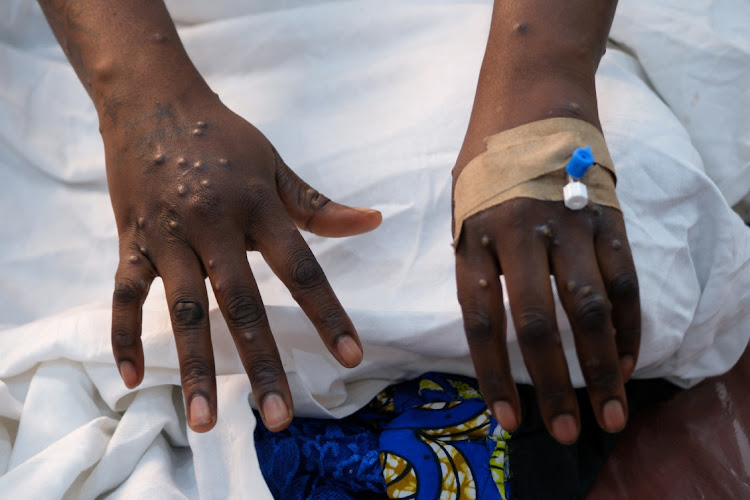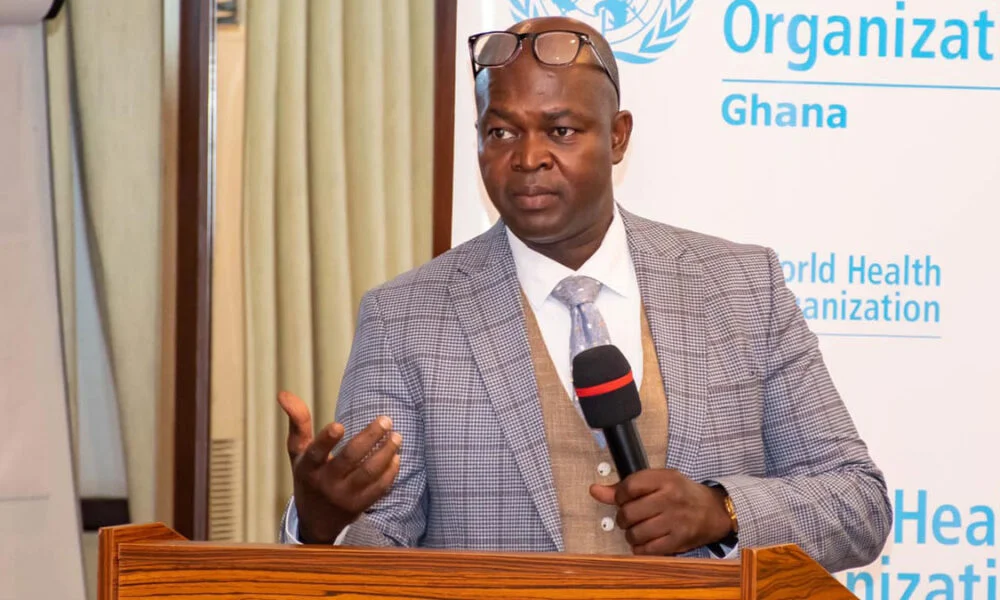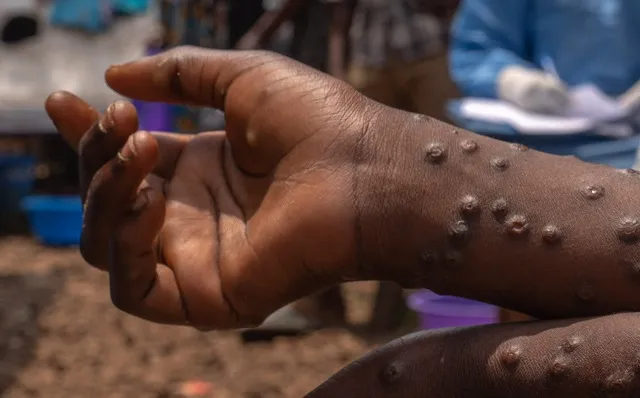The Ghana Health Service (GHS), in collaboration with the Ministry of Health, has confirmed two cases of Mpox in the Accra Metropolitan Area of the Greater Accra Region.
The confirmation, which was disclosed through a press release signed by the Acting Director-General of the Ghana Health Service, Professor Samuel Kaba Akoriyea, has received a coordinated national response aimed at containing the disease and protecting public health.
According to the statement, the two cases were identified through the country’s surveillance systems, and swift action has already been taken to prevent further transmission.
According to the statement, the Ghana Health Service has immediately launched contact tracing to identify and monitor individuals who may have been exposed to the confirmed cases.
These contacts are being closely monitored for symptoms and will receive appropriate care and medical guidance should they require it.
“Mpox is a viral disease that is transmitted to humans through close contact with an infected person or animal, or with material contaminated with the virus. Symptoms typically include rash, fever, headache, muscle aches, back pain, low energy, and swollen lymph nodes”
Acting Director-General of the Ghana Health Service, Professor Samuel Kaba Akoriyea
Inensyfying Survillance
In light of the recent confirmation, the Ghana Health Service and the Ministry of Health are intensifying surveillance activities in both health facilities and communities, particularly within the Accra Metropolitan Area and its surrounding districts.

This proactive surveillance is intended to quickly detect any further suspected cases and launch immediate investigations to prevent additional transmissions. Professor Akoriyea assured the public that there is no need for panic.
“Ghana’s public health system remains vigilant, and established protocols for the detection, management, and control of infectious diseases are being rigorously followed”.
Acting Director-General of the Ghana Health Service, Professor Samuel Kaba Akoriyea
He added that Ghana’s healthcare system is well-equipped and experienced in managing infectious disease outbreaks, having dealt with various health crises in recent years.
To complement the technical response, the statement noted that the Ghana Health Service has rolled out enhanced public awareness and education campaigns aimed at sensitizing the population on Mpox.
These campaigns include key messages on how to identify symptoms, prevent transmission, and seek timely medical care.

Caution to Citizens
Citizens are being urged to avoid close contact with individuals who exhibit symptoms such as an unexplained rash, and to maintain proper hand hygiene at all times.
Additionally, any suspected cases should be promptly reported to the nearest health facility for investigation. The government’s swift and coordinated response underscores its commitment to safeguarding the health and well-being of Ghanaians.
Lessons from the COVID-19 pandemic have reinforced the importance of early detection, transparent communication, and robust public health strategies, all of which are being applied in the current Mpox situation.
In recent years, Mpox has emerged as a growing concern globally, with outbreaks reported in various parts of the world.
The confirmation of cases in Ghana is not unprecedented, as the country previously detected cases during the global resurgence in 2022. However, the prompt response from the Ghana Health Service reflects the country’s readiness to manage such public health threats.

Professor Akoriyea reiterated that the government is resolute in its efforts to prevent any potential escalation. “We have the capacity and the expertise to manage this situation and prevent a larger outbreak,” he said.
His assurance is aimed at calming public anxiety and fostering trust in the national health system’s ability to manage emerging diseases effectively.
Ghana’s current Mpox response, anchored in early detection, public engagement, and adherence to standard operating procedures, is a reflection of broader efforts to build a resilient health system that can respond swiftly to infectious disease threats.



















